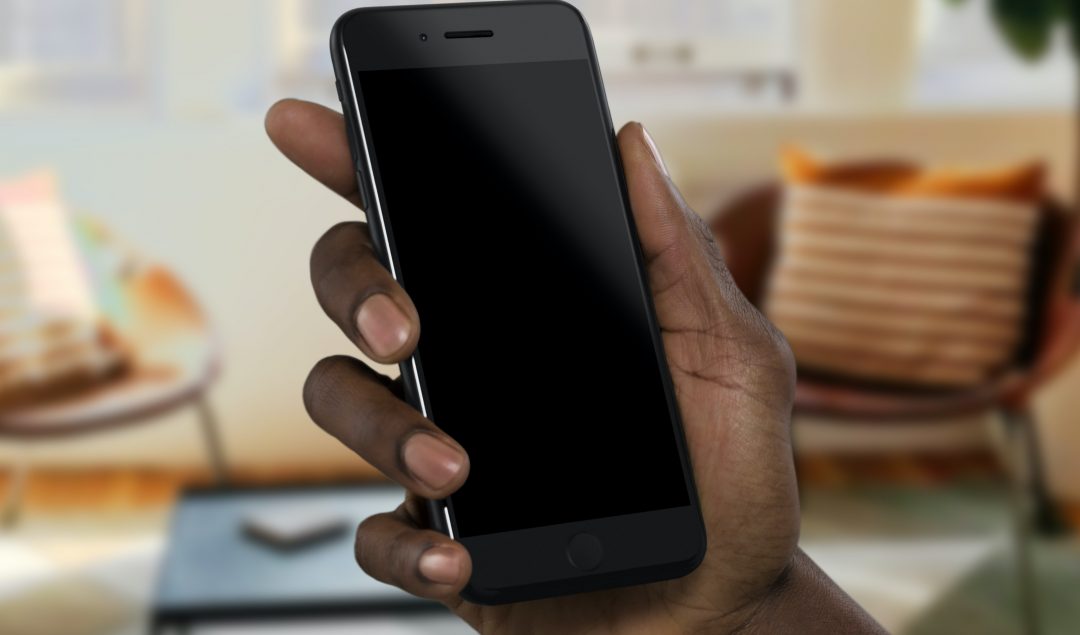When Will A Black-Owned Social Network Have It’s Moment

Earlier this month, social media was buzzing as Black TikTokers purported to go on strike from the popular social platform. The hashtag #Blacktiktokersonstrike and the slogan ‘They can’t do it without us’ were used to support the Black creators who refused to choreograph new dances on the app. This was in protest against the appropriation of their content by white users.
With the controversies that plague social media platforms: the appropriation of Black culture, the disrespect and hate, the erasure, and the lack of financial compensation, has it come time for a Black-owned social network?
Black people set pop culture trends and make social networks millions
The invite-only, live-audio-chat app Clubhouse made its debut in April 2020 with now over 1M users. Clubhouse’s quick success has made it worth a reported $4 billion. It soon became the medium for artists/celebrities to talk to regular folk, make connections and ignite spirited conversation. Black Celebrities like Oprah, Tiffany Haddish, Meek Mill, 21 Savage, Drake, Kevin Hart being among the guests.
Clubhouse was driven by Black and Latino culture,” says Percy Miller (aka Master P) to the LA Times. “Culture drove it to a billion-dollar valuation, so we’ve got to start thinking about being producers instead of just consumers.”
This is not a new phenomenon. Black content has a significant financial impact on social platforms. Black Twitter and the Black community drive a large share of the conversation on the platform. Many pop-culture trends and viral content are characterized by hashtags, memes, and conversations centered on Black culture and Black activism. “Communities of color drive the cultural conversation and a lot of the initial wealth creation for apps like Clubhouse,” explains Mercedes Bent, a partner at Lightspeed Venture Partners.
How would a Black-owned social media network work? The community has its say
“On Snapchat and Vine, Black people were over-represented in the usage, which made it cool and aspirational. There was definitely a concrete effort from the founders to get Black people on the platform. But how do you reward those who drive it?
“We were able to get our culture to embrace his product,” Master P said. “So we’ve got to exercise that same power because we have it now. Our culture helped create this brand, so for phase two, let’s figure out how to put that money back into our community.”
Black creators are the lifeblood of many popular social networks. So why don’t we create our own? Even prominent Silicon Vally investors are seeing an opportunity for Black creators. Jason Calacanis, an early investor in Uber, shares his opinion on the size of the opportunity.
On a recent episode of Techish, Abadesi and Michael chat about the challenges of building our own.
“A few VCs say that if you got the top 20 Black content creators and gave them $5M to build their own app, you might see something interesting…Now whether that would work or not would require some people with big vision and bravery to say, ‘Let’s go out and get the top 20 creators across Youtube TikTok, and say here’s your capital, let’s see what we can do” —Michael.
But the same issues we face now will happen again. Unless they’re going to find ways to gatekeep it because white creators are going to come on to the platform, and white creators are going to copy it… —Abadesi
“Even if it were a network for everybody —at least in this situation, it would be Black people with equity. So if you want to come on and steal our dances— we’re still going to get paid. Michael
Despite the complex nature of building an alternative social network, these Black founders have heard the call.
These entrepreneurs are working behind the scenes on platforms exclusively for the Black and Brown community.
- Adeyinka Adegok is building MelaninPeople, an app that aims to connect Black and Brown people within one convenient media network. The app provides a platform for people of color to produce original content and have freedom of speech. Future plans include providing a way for users to monetize their content using tokens.
- BEAN Now, the social network alternative to Clubhouse that is offering more than just audio chat. Darren Walker created it to fix the historical economic disadvantages in Black communities around the world. It will allow users to create ‘pods’ on the Beanstalk to have live audio conversations about various topics with friends, family, and colleagues. The best part is that it is launching a platform that is owned by our community.
- The Cookout App is the first-ever invitation-only social media app created by Black people, for Black people, its slogan says. It was founded by 3 LBGT+ Black women: Kiki Bryant, Cassandra Osei, and Attiyya Hassan. A values-based community of afrocentricity, accountability, and authenticity guide every interaction on the app. It’s currently in beta and accepting applications.



